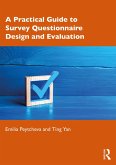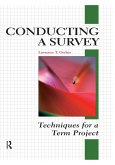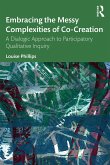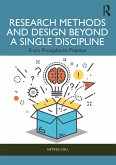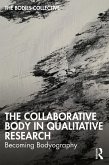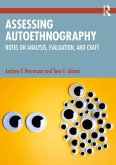This book consists of three parts. The first covers the survey response process model, which will serve as the theoretical framework to establish the basic principles of writing different types of survey questions (attitudinal, behavioral, demographic, and knowledge). The second part of this book focuses on special topics such as sensitive questions, developing questionnaires for older adults and children, designing a paper survey, designing a web survey and optimizing for a mobile device, developing questionnaires for a multimode survey, and conducting surveys in multiple languages and cultures. The third part of this book describes methods for testing and evaluating survey questions. Topics cover focus groups, cognitive interviewing, expert review, Questionnaire Appraisal System, behavior coding, respondent and interviewer debriefing, randomized experiments, and pilot studies. Given extensive web survey coverage, we also discuss usability testing of web surveys. Finally, we present a brief overview of the use of artificial intelligence and machine learning for questionnaire development and evaluation. Suggestions for further reading, case studies, and discussion questions are included in all chapters.
This book will be of interest to those using survey methodology/questionnaires and graduate courses incorporating survey design across the social and behavioral sciences, including psychology, communication studies, nursing and healthcare research, sociology, anthropology, and education.
Dieser Download kann aus rechtlichen Gründen nur mit Rechnungsadresse in A, B, BG, CY, CZ, D, DK, EW, E, FIN, F, GR, HR, H, IRL, I, LT, L, LR, M, NL, PL, P, R, S, SLO, SK ausgeliefert werden.



